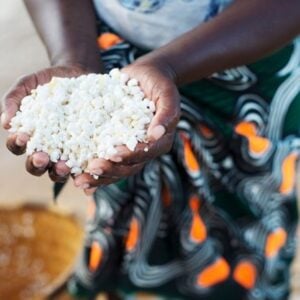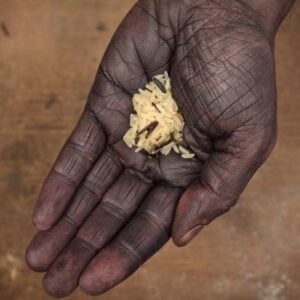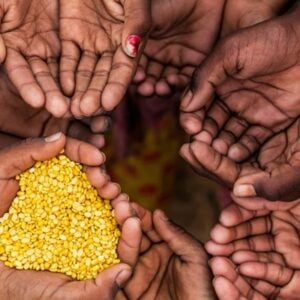The International Fund for Agricultural Development (IFAD) and the Government of the Solomon Islands have signed an agreement for a US$20 million project aimed at enhancing food security, improving nutrition, and building climate resilience. The six-year Agricultural Investment for Markets and Nutrition (AIM-N) project is expected to directly benefit over 18,000 people by strengthening traditional farming systems and supporting families to grow, access, and consume more nutritious food.
The Solomon Islands faces serious nutritional challenges, with one-third of children under five experiencing stunting and over half of adults classified as overweight. These issues are exacerbated by pressure on local farming systems and the increasing reliance on imported low-cost foods. AIM-N aims to revitalize local food systems by linking nutrition education with the production of diverse, climate-resilient crops. The project will promote community and kitchen gardens, work with secondary boarding schools to source food from local farmers, and support behavior change for better dietary practices.
The project also focuses on economic empowerment by facilitating partnerships between small-scale farmers and markets, improving farmers’ production quality and business capacity, and offering competitive grants to women’s groups for nutrition-related and labor-saving innovations. A line of credit managed by the Development Bank of Solomon Islands (DBSI) will extend loans to micro, small, and medium-sized agribusinesses and farmer organizations to expand their operations.
With a total cost of US$19.82 million, AIM-N is co-financed through multiple sources. This includes a US$6.1 million grant from the Global Agriculture and Food Security Program (GAFSP) administered by IFAD, a US$9.3 million loan from IFAD, US$820,000 from a private financial institution, and US$1.2 million in co-financing from the Solomon Islands government and local communities. Additionally, the Food and Agriculture Organization (FAO) will manage US$1.4 million from GAFSP to support implementation.
The Ministry of Agriculture and Livestock (MAL) will implement the project across the provinces of Choiseul, Isabel, and Western, targeting 65 rural communities reliant on subsistence farming. IFAD’s ongoing work in the Solomon Islands aligns with its Strategy for Engagement in Small Island Developing States (2022–2027) and its approach to fragile settings, aiming to reduce rural poverty and strengthen resilience. To date, IFAD has invested nearly US$21 million in five projects across the country.






